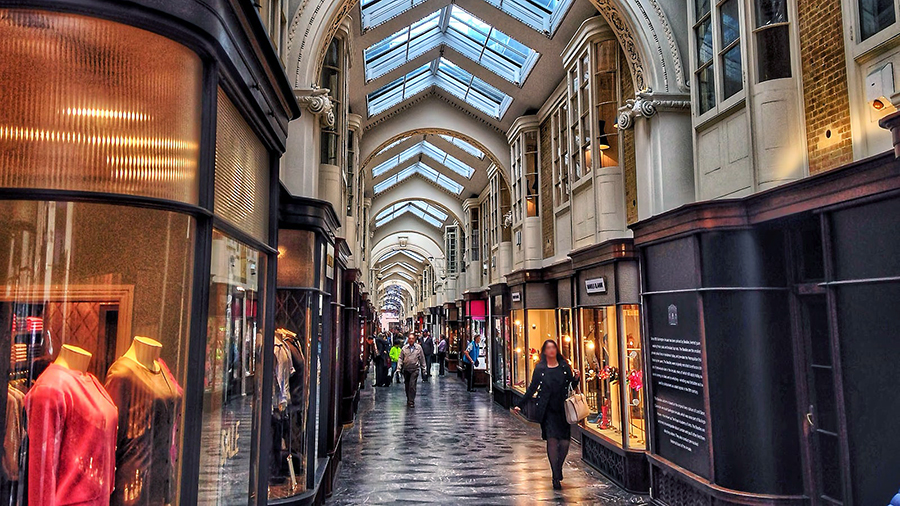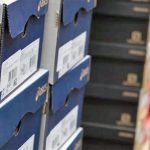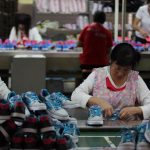The British Retail Consortium (BRC) reported that total UK retail sales were 2.7 percent in September, against a growth of 2.2 percent in September 2022. This was in line with the 3-month average growth of 2.7 percent and below the 12-month average growth of 4.2 percent.
The BRC reported the following data is for the five-week fiscal September period ended September 30:
- Food sales increased 7.4 percent on a total basis for the three-month period through September, below the 12-month average growth of 8.4 percent;
- Non-food sales decreased 1.2 percent on a total basis for the three-month period, below the 12-month average growth of 0.6 percent. For the month of September, non-food was in decline year-on-year;
- Over the three months to September, in-store non-food sales increased 0.3 percent on a total basis since September 2022, below the 12-month average growth of 3.2 percent;
- Online non-food sales decreased by 3.6 percent in September, on top of a decline of 2.6 percent in September 2022, shallower than the 3-month decline of 4.1 percent and deeper than the 12-month decline of 3.2 percent; and
- The proportion of non-food items bought online (penetration rate) decreased to 34.9 percent in September 2023 from 35.1 percent in September 2022.
“Sales growth in September slowed as the high cost of living continues to bear down on households,” noted Helen Dickinson OBE, chief executive of the BRC. “Big ticket items such as furniture and electricals performed poorly as consumers limited spending in the face of higher housing, rental and fuel costs. The Indian Summer also meant sales of autumnal clothing, knitwear and coats have yet to materialise.”
GlobalData, a data analytics and consulting company, headquartered in London, recently reported the inflation rate for the year is 9.5 percent which would indicate negative consumption growth. Read Global Data’s Holiday report here.
“With sales volumes down, growth has been artificially boosted by high inflation over the last two years,” continued Dickinson. “As inflation eases, so too will longer-term sales growth prospects. The coming months are crucial for retailers as they enter the “Golden Quarter” and they’re investing heavily to support customers and bring prices down. However, such efforts are challenged by the £400 million increase in business rates expected next year. The Chancellor should scrap the rates rise in his upcoming Budget and enable retailers to deliver more value for customers at such a critical time for the economy.”
Paul Martin, UK head of retail at KPMG, said that retail sales continued to limp along, with growth up just 2.7 percent despite inflation falling in September.
“Food and drink, and health and beauty continue to be the strongest performing categories on the high street, whilst a growing number of categories including clothing, fell into negative territory over September as the unseasonal warm weather delayed trips to the shops to stock up on winter wardrobe purchases,” Martin added. “Online sales growth continued to fall, with just health, beauty and jewelry recording positive sales growth. September signals the 26th month of continuous online sales decline and retailers will be hoping for a strong Black Friday in order to turn the tide.
“With the warmer weather delaying household heating being switched on, positive news around falling inflation and a hold on rising interest rates, consumers will hopefully be feeling a bit more confident as thoughts turn to Christmas shopping.
“After years of battling challenges, the resilience of the retail sector has been dented and we are starting to see the gap between the strongest and the weakest on the high street widen. The fight for Christmas shoppers will be fierce this year, with promotions likely to be earlier and abundant in a bid to loosen tight household purse strings. Consumers will continue to seek out good deals, with price-driving purchasing decisions. This is likely to be one of the most important golden quarters that we have seen in years, as for some in the sector, it could very much determine their future,” Martin concluded.”
Photo courtesy BRC
















